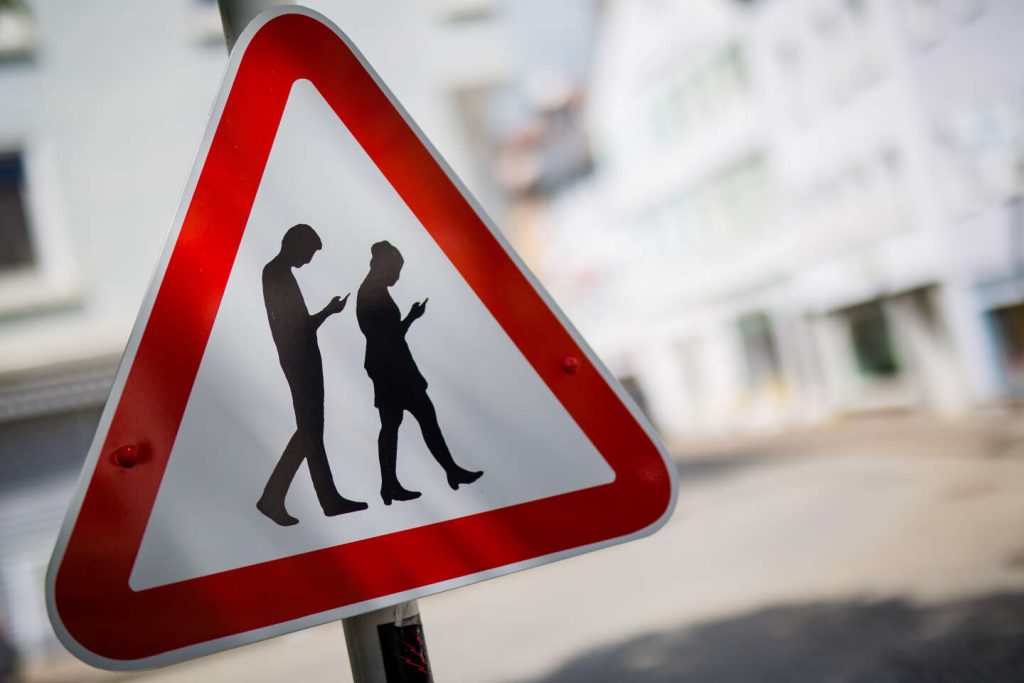The face is the focal point of any conversation, embodying a principle of mutual consideration and attention. Individuals in a conversation constantly observe and react to the facial expressions, gestures, words, and tone of voice of their interlocutors. The face represents the morality of interaction, with its expressiveness often revealing mutual satisfaction or discord. It holds a special position in communication, embodying identity and responsibility in social relationships. However, the increasing absence of face-to-face interactions raises questions about the foundation of social connections.
Today, faces are becoming increasingly rare in interactions as people are often absorbed by their smartphones, oblivious to their surroundings. It has become commonplace to engage with others without making eye contact or paying attention to their presence. This spectral society is characterized by individuals with eyes glued to screens in various settings, such as cafes, restaurants, waiting rooms, public transportation, and trains. The lack of faces and shared gazes in these spaces highlights the disconnect between virtual connections and genuine human presence.
In a society dominated by ultra-liberal values, the prevalence of virtual connections emphasizes efficiency and functionality but lacks the depth and authenticity of face-to-face interactions. This form of communication may offer a false sense of security but ultimately distances individuals from meaningful exchanges and devalues spoken words. The emphasis on constant availability and rapid communication fails to capture the richness of shared experiences and genuine human connection.
The growing trend of disengagement from face-to-face interactions raises concerns about the erosion of social bonds and the importance of physical presence in communication. The absence of faces in everyday interactions suggests a shift towards a more detached and superficial form of communication, where individuals prioritize virtual connections over genuine human contact. This trend underscores the need to reconsider the value of in-person interactions and the role of the face in fostering meaningful social connections.
Overall, the increasing reliance on screens and virtual communication platforms poses a challenge to traditional notions of social interaction and human connection. As individuals become more isolated in their digital bubbles, the importance of the face as a symbol of identity, responsibility, and morality in interactions is called into question. The shift towards virtual communication highlights the need to reevaluate the significance of face-to-face interactions and the role of the face in building genuine social relationships.


